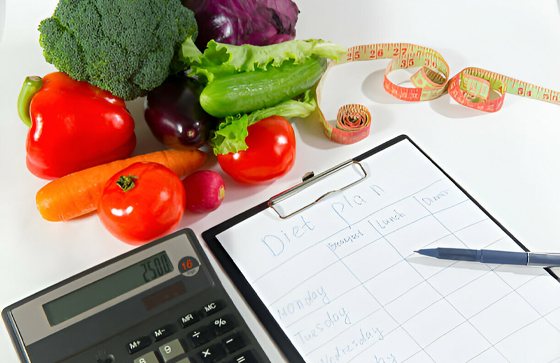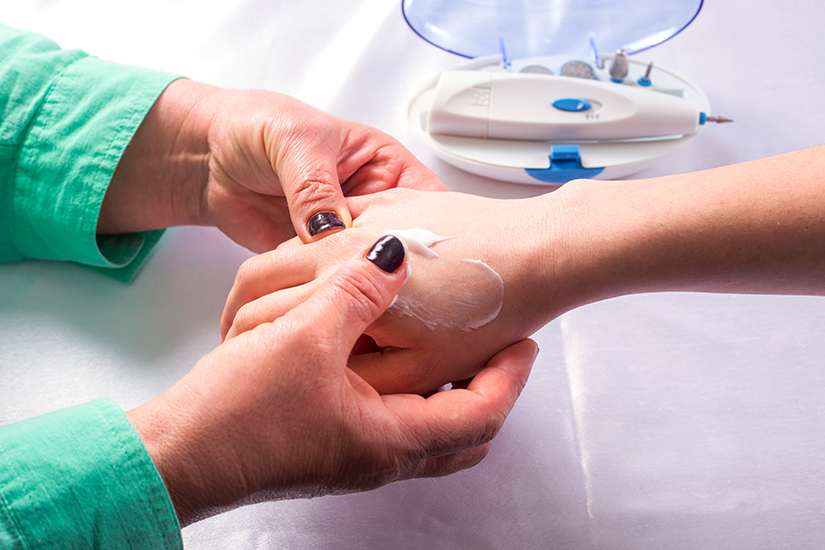- Emergency Ambulance Services
- 8606811111
- 0471-4077777, 0471-7177888
- gro@sutpattom.com
A Comprehensive Diet Plan to Control Hypertension
Hypertension, or high blood pressure, is a common condition that affects many individuals worldwide. While medication plays a crucial role in managing hypertension, adopting a healthy diet can also significantly contribute to controlling blood pressure levels.
It is essential to understand the basics of hypertension. High blood pressure can lead to serious health issues such as heart disease, stroke, and kidney problems.
Diet Plan
- Reduce Sodium Intake
- Increase Potassium-Rich Foods
- Emphasize Whole Grains
- Choose Lean Proteins
- Fruits and Vegetables
- Healthy Fats
- Limit Alcohol and Caffeine
- Monitor Portion Sizes
- Stay Hydrated
- Manage Stress and Exercise
Excessive sodium consumption can elevate blood pressure. Avoid processed foods, canned soups, and salty snacks. Use herbs, spices, and lemon juice to enhance flavour instead of salt.
Potassium helps regulate blood pressure by counteracting sodium’s effects. Incorporate potassium-rich foods into your daily meals by including bananas,oranges, potatoes, spinach, avocados, and tomatoes.
Whole grains are rich in fibre, which supports heart health and helps control blood pressure. Choose whole wheat bread, brown rice, oats, and barley over refined grains.
Opt for lean protein sources to reduce saturated fat intake, which can contribute to hypertension by including skinless poultry, fish, legumes and beans in your diet.
Aim to consume a variety of colourful fruits and vegetables daily. These are packed with nutrients that benefit heart health. Incorporate berries, leafy greens, carrots, bell peppers, and broccoli into your meals.
Choose heart-healthy fats that support cardiovascular health. Use olive oil, avocado oil, nuts, seeds, and fatty fish (salmon, mackerel) in moderation.
Excessive alcohol and caffeine intake can elevate blood pressure. Drink alcohol in moderation, if at all, and limit caffeine consumption.
Be mindful of portion sizes to prevent overeating, which can lead to weight gain and hypertension.
Drink an adequate amount of water throughout the day to stay hydrated and support overall health.
Incorporate stress-reducing activities like yoga and meditation into your routine.Engage in regular physical activity as recommended by health guidelines.
By following a well-balanced diet that includes nutrient-rich foods, limits sodium intake, and promotes overall health, you can effectively manage hypertension and reduce the risk of associated complications. Consult with a healthcare professional or a registered dietician for personalized dietary recommendations tailored to your specific needs and health status.
Mrs. Preethi R Nair
Chief Clinical Nutritionist
SUT Hospital, Pattom









